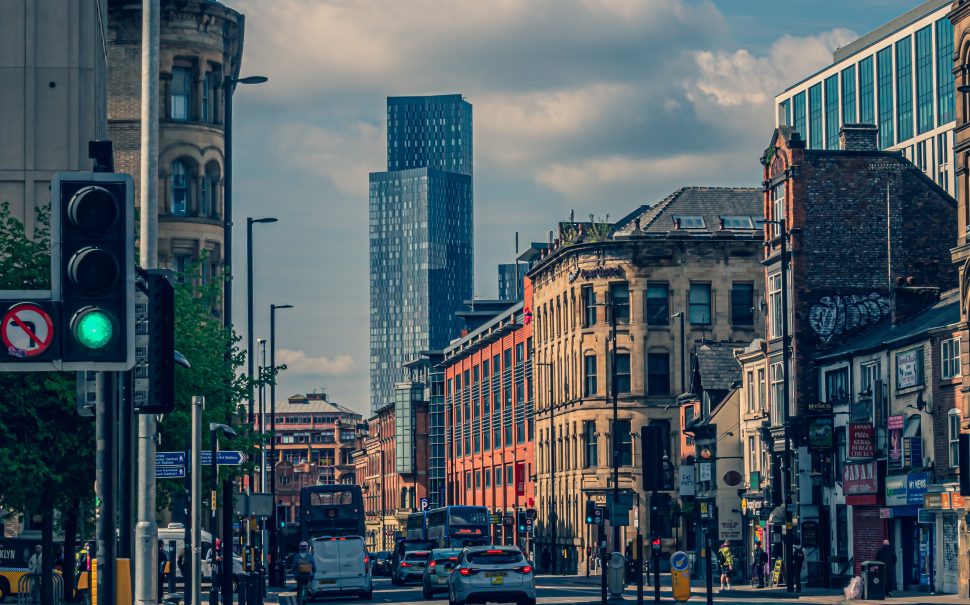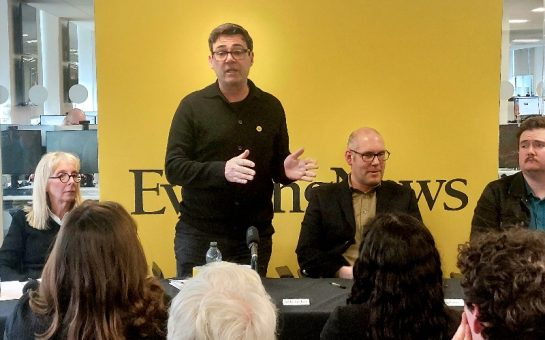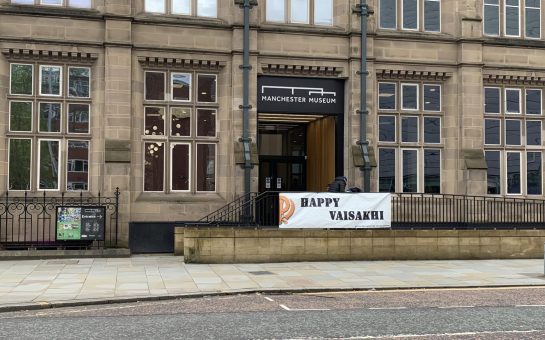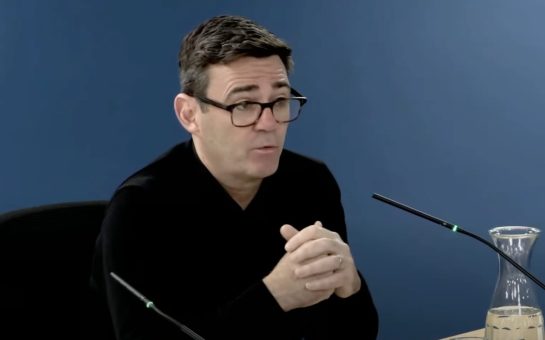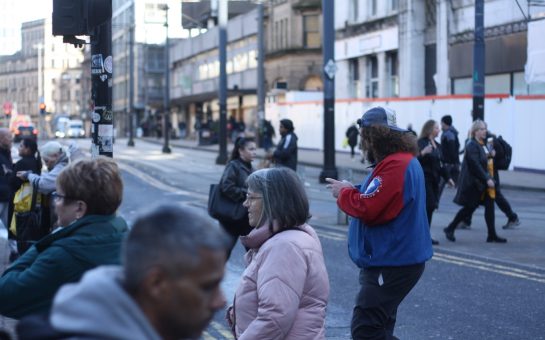Andy Burnham reaffirmed his commitment to making Greater Manchester net zero by 2038 at Monday’s Green Summit.
But the Labour Mayor admitted that not enough progress has been made under the current Five Year Plan.
As well as programmes covering the whole of Greater Manchester, each of the 10 boroughs introduced its own Local Area Energy Plan last year to set out a roadmap towards decarbonisation.
We’ve been looking at each of the boroughs and seeing how they compare on the environment.
Recycling rate
While Rishi Sunak may claim to have “scrapped” the non-existent proposals requiring households to have seven bins, recycling remains a key issue given the planet’s environmental crisis.
The average percentage of household waste sent for recycling, reuse or composting across England was 44.1% in 2021.
Stockport is leading the pack – recycling 60.3% of household waste – with Trafford in second place at 58.8%.
Meanwhile, Manchester is the worst borough for recycling at 39.7%.
Electric Vehicle (EV) charging devices
Despite the ban on the sale of new petrol and diesel vehicles being delayed, many car manufacturers remain committed to going all-electric by 2030.
But do boroughs have the infrastructure to make this transition?
Manchester leads the way at 188 EV charging devices per 100,000 population. Salford also fares well – at 116.
Meanwhile, Bury has a pitiful 28 EV charging points.
Energy Performance Certificate (EPC) ratings
With the cost-of-living crisis and rocketing energy bills, an energy-efficient home can save both the environment and your wallet.
Salford’s homes are the most energy efficient, followed by Rochdale.
Surprisingly, it’s Stockport at the bottom of the pack, with just over half of EPC registrations rated A to C in February 2023.
Ditch the car – walk or cycle?
Manchester recently launched its bid to become the first European Capital of Cycling.
Burnham’s beloved Bee Network is aiming to create more than 1,800 miles of integrated cycleways and walking paths.
36% of Trafford’s residents walk or cycle at least five times a week, closely followed by Manchester and Stockport.
Meanwhile, just 23.5% of Bolton’s residents prefer life on two wheels/legs.
So what’s the picture overall?
No one borough consistently tops (or bottoms) the field in environmental indicators.
Local councils are undertaking ambitious projects to help businesses, the public sector, and households do their bit for the environment.
Trafford, for example, will host the first hydrogen hub in the UK. It will use renewable solar and wind energy to produce green hydrogen fuel for use in industry and transport. The first phrase will be up and running in 2025.
And Andy Burnham announced a number of new schemes across Greater Manchester this week at the Green Summit.
These include:
- 30,000 Truly Affordable Net Zero homes to be built by 2038.
- A £2.14m programme to provide in-person energy advice to those who may not otherwise receive it.
- A campaign to install solar panels at 50 Greater Manchester schools.
- An Integrated Water Management Plan – the first city-region scale water management plan in the UK.
